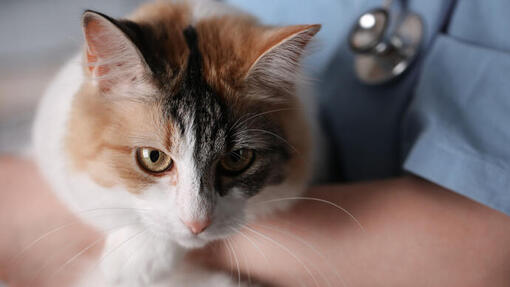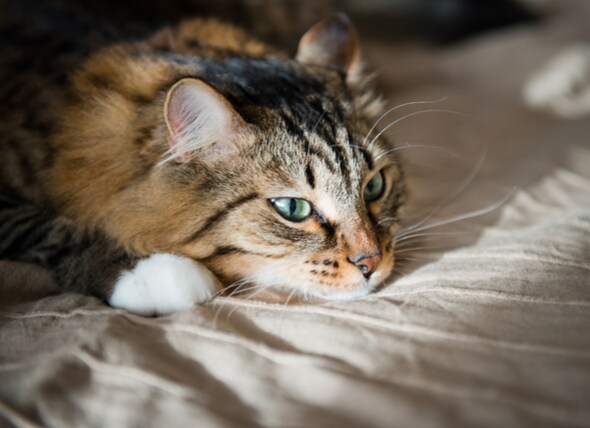mediastinal lymphoma in cats symptoms
Decreased appetite or though in rare cases an. Cats with this type of lymphoma are.

Cardiac Involvement Secondary To Mediastinal Lymphoma In A Cat Regression With Chemotherapy Sciencedirect
Cats with this type of lymphoma often have clinical signs consisting of vomiting diarrhea weight loss or a decreased appetite.
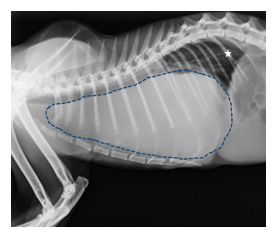
. However some of the aforementioned variants are linked to other medical conditions. In the early phases scaling alopecia loss of hair and pruritus itching are seen. Clinical signs arise from.
Regardless of the site some symptoms are common to all lymphomas. Renal lymphoma symptoms include signs of kidney. Which cats are more likely to get lymphoma.
As lymphocytes travel all around the body lymphoma can occur in many sites. Symptoms of feline lymphoma. Tumors of the cranial mediastinum are rare in both cats and dogs.
It may be time to say goodbye if your cat is experiencing any of the following symptoms. Renal Lymphoma in Cats Lymphoma can affect the kidneys as well. Some cats become lethargic and depressed.
Symptoms of mediastinal lymphoma may include. 1 The average age for alimentary lymphoma is 8 to 9 years. Decreased appetite or though in rare cases an.
Historically feline mediastinal lymphoma has been associated with young age positive feline leukaemia virus FeLV status Siamese breed and short survival times. Thymomas are usually benign and are classified as either non-invasive or invasive into adjacent structures. Diarrhea Excessive thirst Excessive urination Lethargy Loss of appetite Nausea and vomiting Weight loss.
They appear as ulcers nodules plaques ulcers and erythremic or exfoliative dermatitis. As well as some of the lymph nodes surrounding the intestines. Mediastinal Lymphoma in Cats If your cat has mediastinal lymphoma youre most likely to notice respiratory problems like difficulty breathing gasping or wheezing.
Gastro-Intestinal Lymphoma in Cats. Male predisposition with a male-to-female ratio of 251. Mediastinal lymphoma is the most common lymphoma in FeLV positive cats and occurs in younger cats around 2 to 3 years of age.
The signs and symptoms of a cat with lymphoma will vary for different. Severe weight loss Inability to put on weight Lethargy Chronic vomiting Chronic diarrhea Dehydration No longer interested in eating Urinating inappropriately around the. Affected cats often develop weight loss vomiting and diarrhea.
Gastro-Intestinal Lymphoma in Cats. Mast cells detected in 50 of feline thymoma. The mediastinum is a term used for a special aggregation of lymphoid tissue in the chest.
Diagnosis is best made on a fine needle aspirate of an enlarged kidney. Alimentary lymphosarcoma occurs in the stomach intestines liver and spleen. Other symptoms of lymphoma include.
Respiratory issues including a persistent cough and difficulty breathing. Moreover it is the most common cause of hypercalcemia in cats. Ad Help your pet cope with symptoms like nausea loss of appetite and energy.
Common side effects include lowered white blood cell count vomiting and decreased appetite. These cases invariably present with a degree of renal failure. Mediastinal lymphoma is the most common lymphoma in FeLV positive cats and occurs in younger cats around 2 to 3 years of age.
Recent studies following widespread FeLV vaccination in the UK are lacking. Many cats will experience a build-up of fluid in the chest that will require immediate attention and at this point many owners choose to humanely euthanize due to the severe respiratory distress and the aggressive care. Get NHVs most useful pet cancer supplements in one holistic pack.
Due to its location tumor growth can make both breathing and swallowing difficult for the cat. This type of lymphoma affects the thymus gland and mediastinal lymph nodes. Generally this is more common in younger cats of less than 2 years in age.
2 Pleural effusion Pleural effusion contributing to respiratory distress along with direct effects of mass. Some of the signs of intestinal lymphoma in cats are weight loss changes in appetite and vomiting andor diarrhea. Depending on the type of lymphoma other treatments may be needed.
Get NHVs most useful pet cancer supplements in one holistic pack. Monitoring is required to assess the cat for side effects of treatment though chemotherapy is generally better tolerated in animals than in people. 1 Compressioninvasion of local mediastinal structures.
In addition many of the symptoms of lymphoma are ones that are commonly associated with other illnesses and conditions that can affect a cat. Thymoma is very rare in cats. As the disease advances the skin becomes more erythematous thickened ulcerated and exudative relating to the oozing of fluid.
Symptoms and Types Symptoms are highly variable and depend upon the anatomical form of this tumor. The following are some of the more common symptoms. Overview is rare in thymicmediastinal lymphoma.
Weight loss and poor condition Change in thirst usually increased Change in appetite usually anorexia Vomiting and diarrhoea Increased urination Sneezing Coughing Increased respiratory rate effort or noise Nose bleeds and mucus discharge from the nose Facial. The two most common cranial mediastinal tumors are lymphoma and thymoma although ectopic thyroid carcinomas and neuroendocrine carcinomas are also reported. Weight loss Lethargy Poor appetite.
This form of lymphoma will often have a partial response to chemotherapy treatment then symptoms will return shortly after. Talking about exact causality in any type of cancer is complex since most malignant tumors are caused by a multitude of factors such as the environment genetics and the general health of the animal. Thymoma occurs in older cats compared to thymic LSA.
Cases usually present with reduced appetite and weight loss. Most cats will lose their appetite and consequently lose weight. Symptoms vary depending on the tumour site.
Mediastinal form occurs in the space between the pleural sacslungs Open mouth breathing. Therefore diagnosing lymphoma can be difficult. Black or tarry stool.
Its currently the most common type since FeVL vaccinations have greatly reduced other forms of lymphoma in cats. This includes the stomach intestines and liver. Renal lymphoma appears to be a disease of the older cat.
Originating between the pleural sacs and lungs mediastinal lymphoma is also associated with. Following are some forms of lymphoma along with the related symptoms in cats. Often an owner identifies a large intra-abdominal mass that is actually the enlarged left kidney.
Feline lymphoma can affect a number of different organs and there are a number of different types. Mixture of thymic epithelial cells and small lymphocytes in variable proportions. Some cats have a decrease in appetite some have an increased appetite while others have no change in appetite.
The aim of this retrospective multi-institutional study was to re-evaluate the signalment retroviral. Causes of lymphoma in cats. Most cats who develop lymphoma are 9-13 years old.
It is the most common form of lymphoma. Mediastinal lymphoma occurs within the chest and therefore is.

Lymphoma In Cats The Conscious Cat
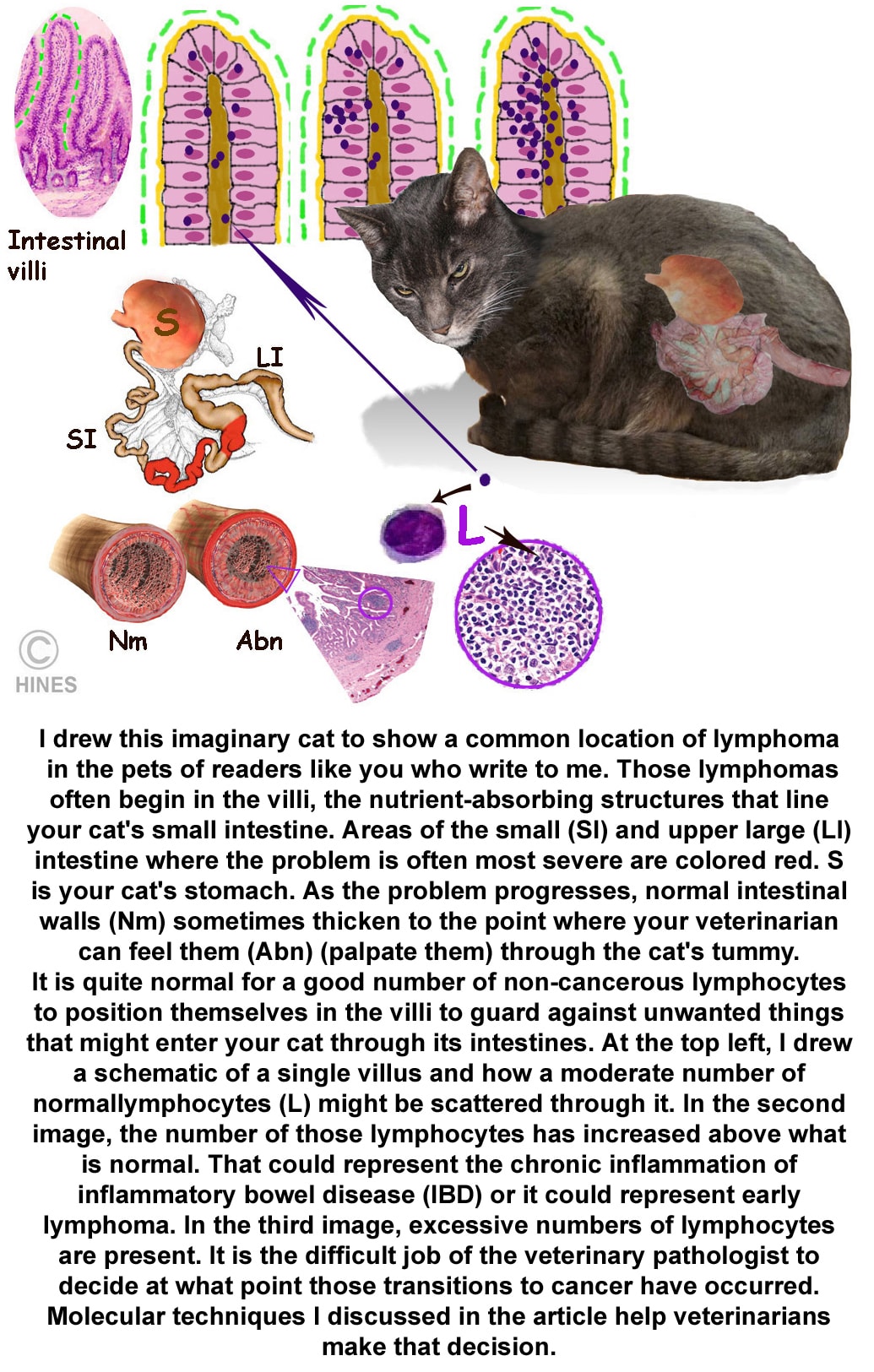
Lymphoma In Your Cat Ron Hines Vetspace 2nd Chance The Animal Health Website
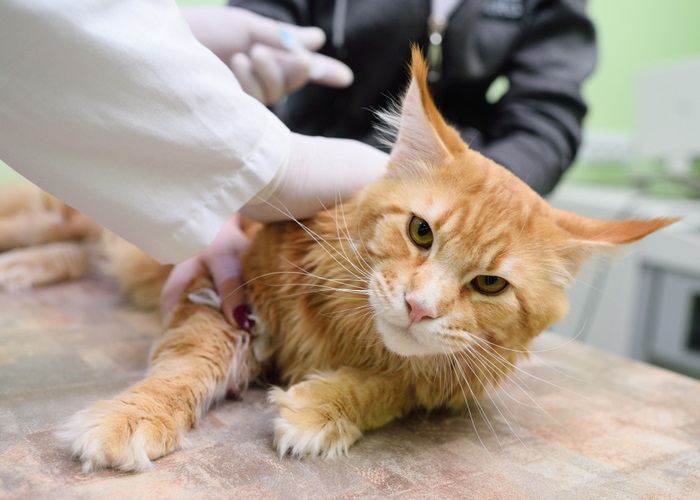
Lymphoma In Cats Symptoms Diagnosis Treatment All About Cats

Prognosis And Life Expectancy For Feline Lymphoma Vlog 99 Youtube
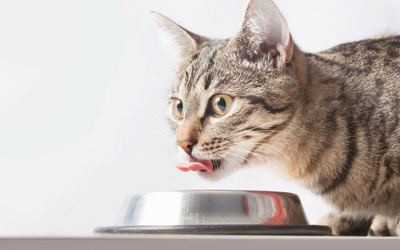
Lymphoma In Cats Vca Animal Hospital
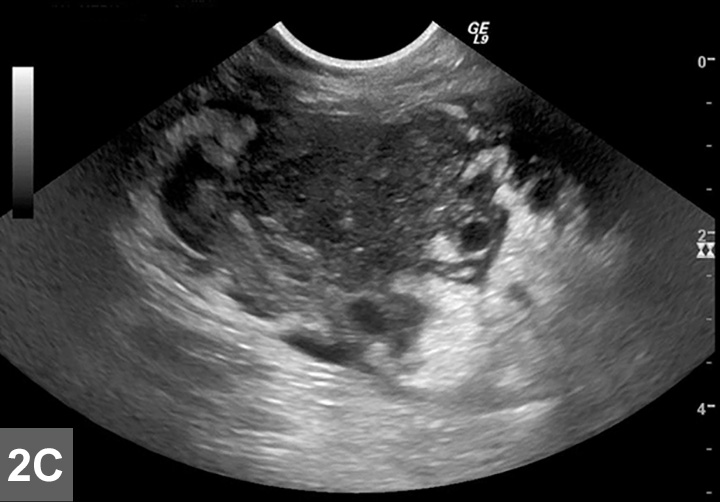
Feline Lymphoma Clinician S Brief

Lymphoma In Cats Atlantic Veterinary Internal Medicine

Lymphoma In The Cat Fact Sheet Davies Veterinary Specialists
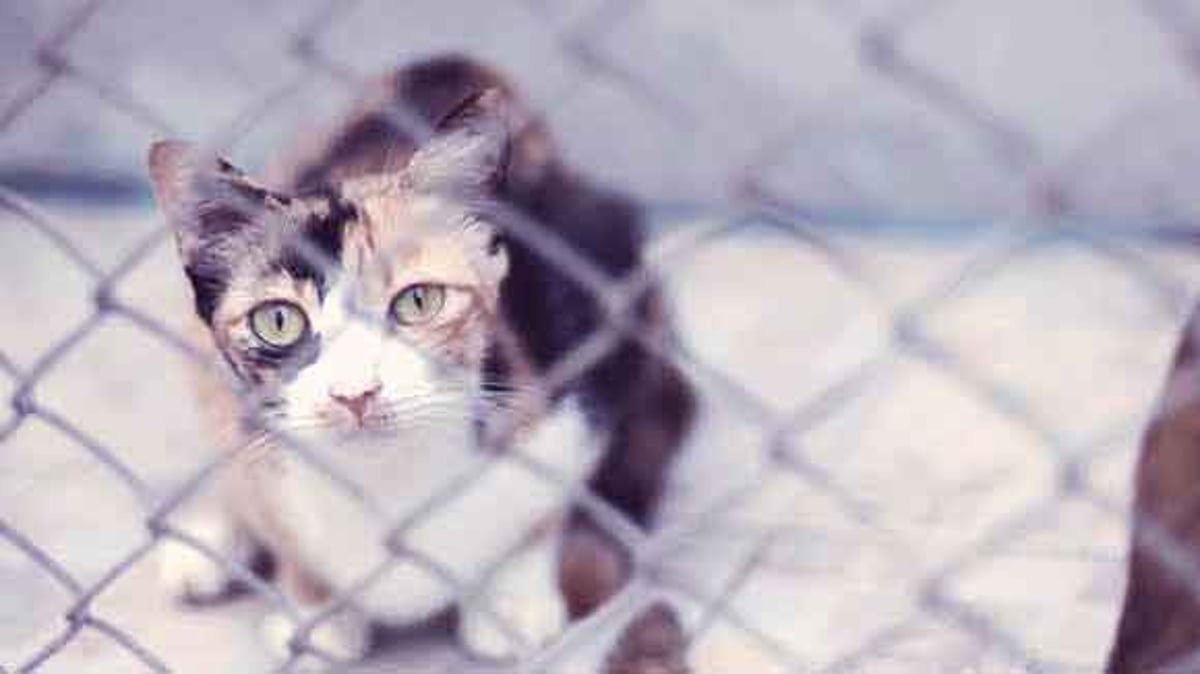
Cancer Lymphoma In Dogs And Cats
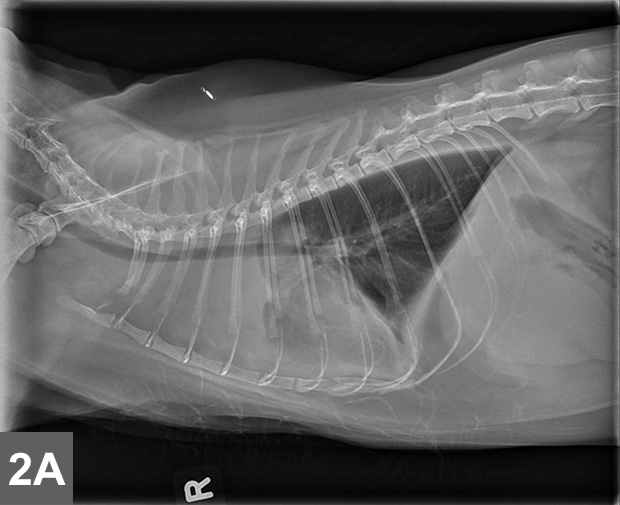
Feline Lymphoma Clinician S Brief

Feline Lymphoma Cats Are Not Small Dogs

Case Report Mediastinal Lymphoma In Cat Alicia Moj Anatomy Physiology
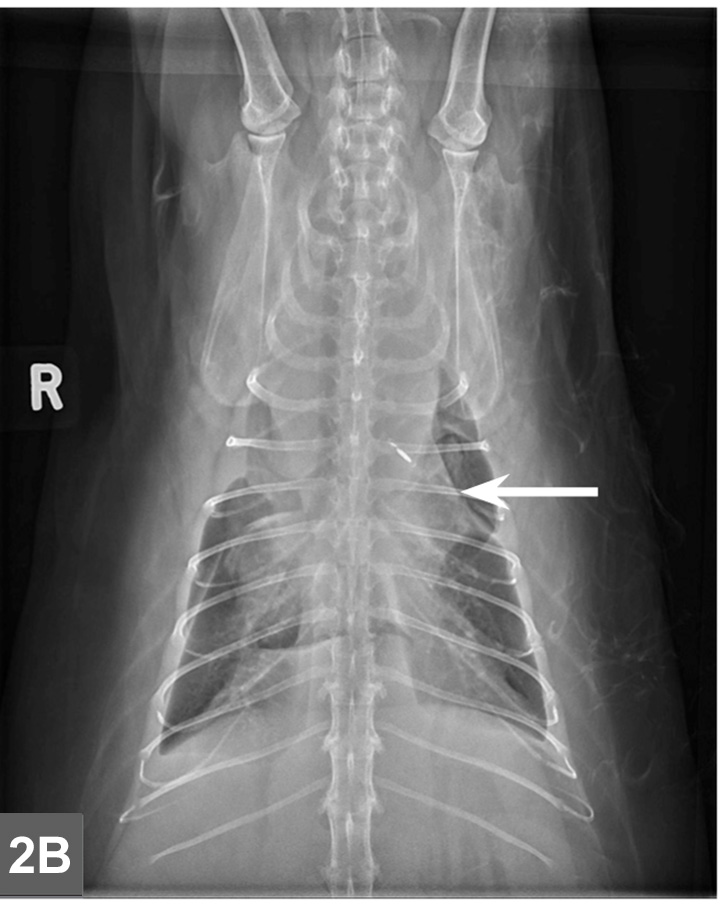
Feline Lymphoma Clinician S Brief

Lymphoma In Cats Veterinary Partner Vin
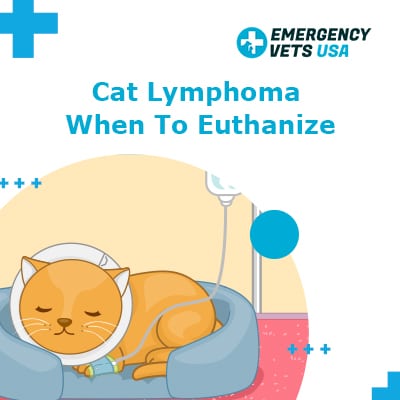
Cat Lymphoma When To Euthanize Our Opinion
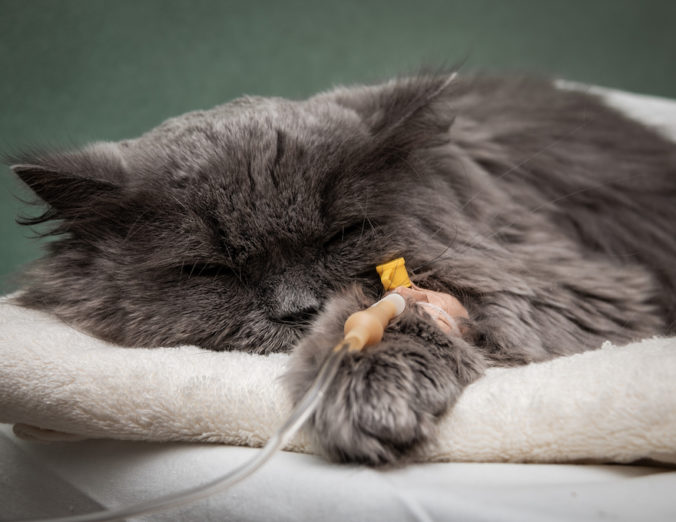
Diagnosis And Treatment Of Feline Lymphoma Glories Veterinary Hospital
